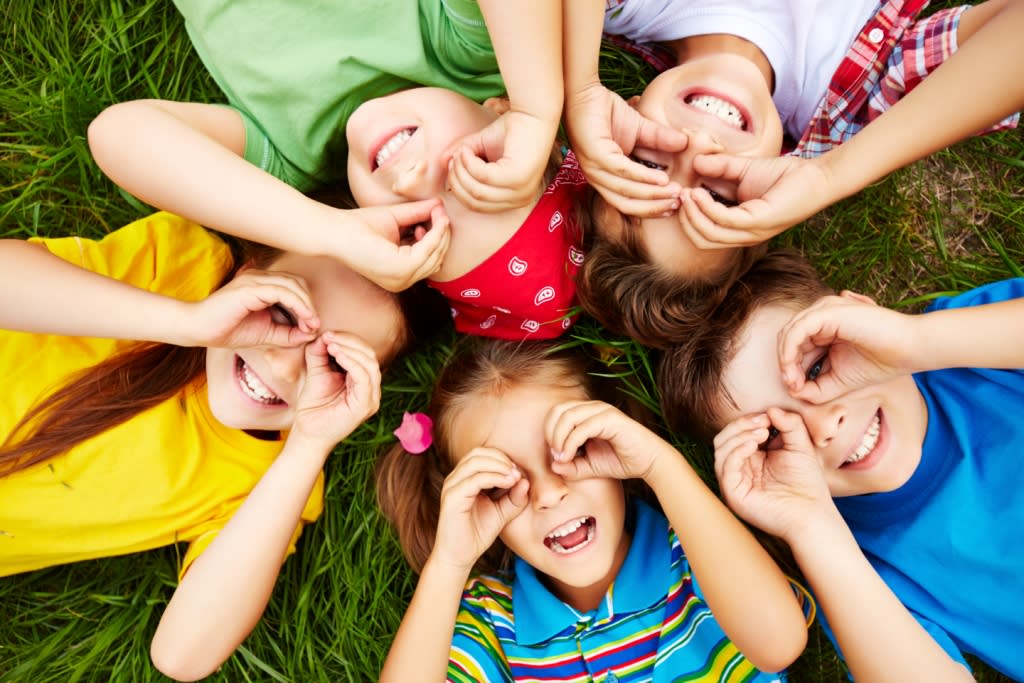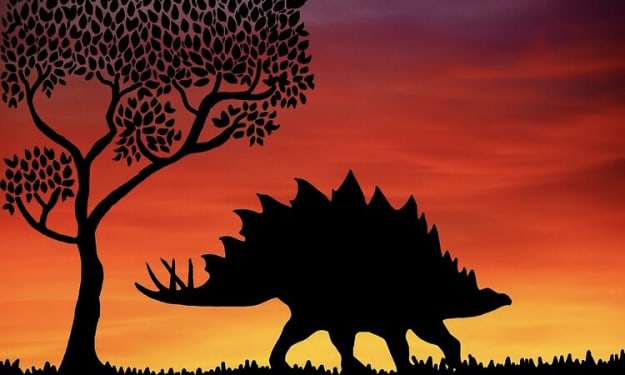Youngsters
Age of realization

As young people approach their teenage years, they undergo a period of great change and development. This is a time when they begin to question the world around them and the assumptions that they have been taught. They start thinking more critically and introspectively about their beliefs and values, leading to a greater sense of self-awareness and self-realization. This age of realization typically happens around the age of 13-18, although it can happen at any age. Young people realize many things during this period of their lives. They come to understand the complexities of the world and the society they live in. This includes becoming more aware of social and political issues, as well as realizing the privileges and disadvantages that they face based on their identity. For example, a young person may begin to understand the impact of racism, sexism, or other forms of discrimination, and how these issues affect people around them. They also begin to have a deeper sense of their own emotions and feelings, and learn to express themselves more authentically. They may realize their passions or talents, and start to pursue activities or careers that align with their values and interests. This can lead to a greater sense of purpose and fulfillment in their lives. At this age, many young people also question their own beliefs and values. They may reevaluate their religious or spiritual beliefs, or question the values that their family or community hold. This can be challenging and may lead to conflict with those around them, but it can also be a necessary step in developing their own personal beliefs and values. It is important to note that the age of realization is not a fixed period, and can vary greatly from person to person. Some young people may go through this period at an earlier age, while others may go through it later or not at all. Additionally, the process of self-realization is not always smooth or linear, and may involve setbacks or challenges along the way. Despite the challenges and uncertainties, the age of realization is an important and transformative time in the lives of young people. By coming to a deeper understanding of themselves and the world around them, they are better equipped to navigate the challenges and opportunities that lay ahead. Parents, educators, and other adults can support young people during this time by providing opportunities for self-reflection, encouraging open dialogue, and offering guidance and support as needed. In conclusion, the age of realization is a critical period for young people. It is a time when they become more self-aware and start to question the beliefs and values that they have been taught. By going through this process, they gain a deeper understanding of themselves and the world around them, which can lead to greater purpose and fulfillment in life. Adults can support young people during this time by creating a safe and open environment for self-reflection and discussion.
When youngsters become mature, they typically undergo a series of changes in their behavior, cognition, and emotion. These changes are influenced by a variety of factors, including brain development, socialization, and life experiences. One of the key changes that occurs during maturity is the development of a more complex and nuanced understanding of themselves and the world around them. This is particularly evident in the way that young people begin to question their own beliefs and values, and are more open to considering alternative perspectives and ideas. Another important aspect of maturity is the development of greater emotional regulation and self-control. This often involves learning to manage feelings of anxiety, anger, and frustration, and learning to make more reasoned decisions based on long-term goals rather than short-term gratification. In addition to these cognitive and emotional changes, young people who become mature may also experience changes in their social lives. For example, they may become more interested in building deeper and more meaningful relationships, develop a greater sense of empathy and social responsibility, and start to prioritize their own wellbeing and mental health. Overall, the process of becoming mature is a complex and multifaceted process that involves the interaction of biological, cognitive, emotional, and social factors. While each young person will develop at their own pace, there are certain developmental milestones and patterns that researchers have identified as being common across most young people.
About the Creator
Muhammad Hasnain Rasheed
At some point we lose at some point we strive but it will be gone.
That's what we call Living.





Comments
There are no comments for this story
Be the first to respond and start the conversation.